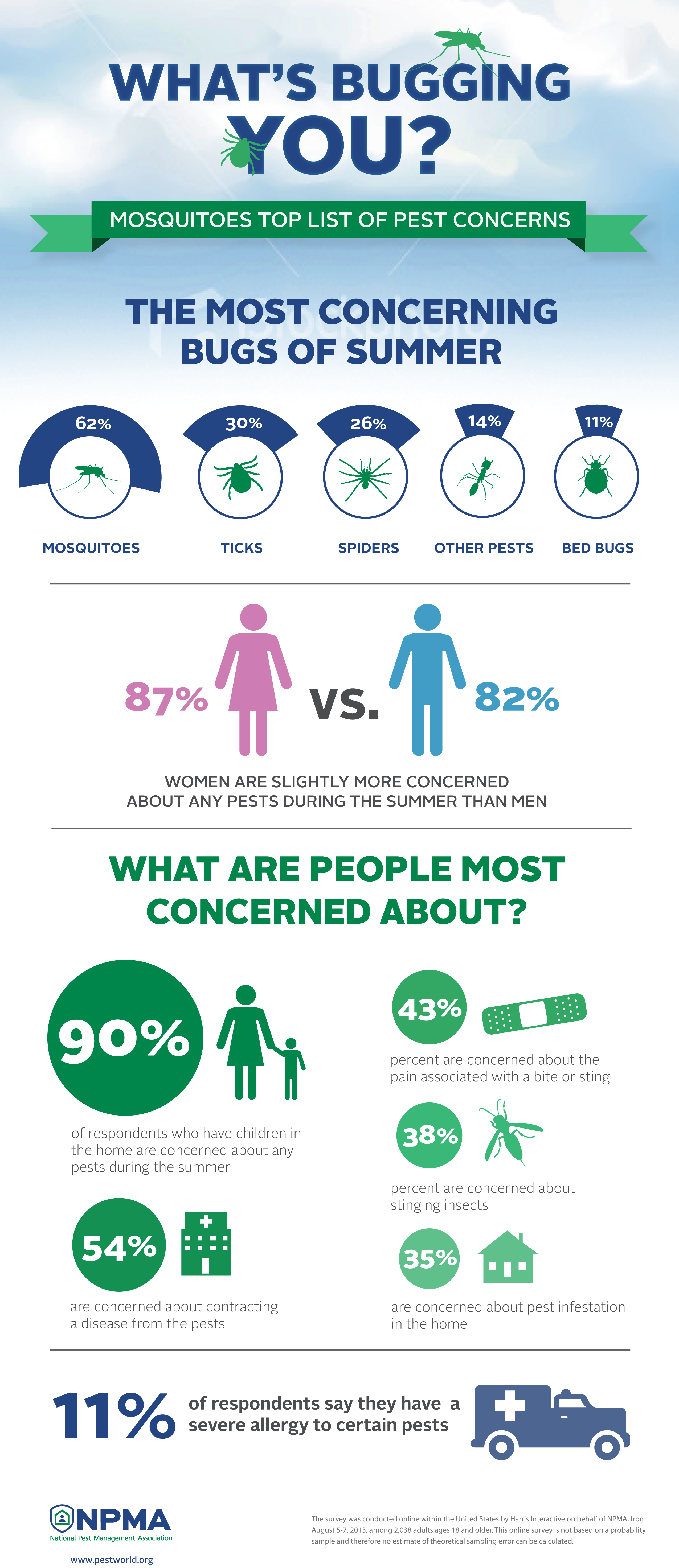The Advantages And Disadvantages Of Chemical Bed Insect Therapies: What You Required To Know
The Advantages And Disadvantages Of Chemical Bed Insect Therapies: What You Required To Know
Blog Article
Rodent elimination strategies Composed By-Burnham Buchanan
Did you know that bed bugs are just one of the most hard pests to get rid of? If you're considering chemical therapies to remove these pesky animals, it is necessary to evaluate the benefits and drawbacks.
In this post, we'll check out the performance of chemical bed pest therapies, the potential health threats related to them, and their influence on the environment.
By understanding these elements, you'll be better equipped to make an educated choice regarding tackling your bed insect problem.
Effectiveness of Chemical Bed Pest Treatments
You will be pleased to understand that chemical bed pest treatments are generally fairly efficient in eliminating infestations. These therapies function by targeting the bed pests' nerves and disrupting their capability to feed and replicate. By using chemicals especially developed to kill bed insects, you can successfully eradicate them from your home.
Among the advantages of chemical therapies is their capability to get to even the most hard-to-reach locations, such as fractures and crevices where bed insects like to hide. Additionally, chemical treatments can give lasting outcomes, assisting to avoid future problems.
Nonetheless, it is very important to comply with the directions thoroughly and take necessary safety and security precautions when making use of these therapies.
Potential Health And Wellness Dangers of Chemical Bed Insect Treatments
There are several possible wellness threats connected with chemical bed bug therapies that you ought to know. While these therapies can successfully remove bed bugs, they may also pose risks to your health.
One usual risk is the direct exposure to hazardous chemicals. The pesticides utilized in these treatments can be unsafe if breathed in or if they enter contact with your skin. Some people might experience allergic reactions or breathing troubles because of this.
Furthermore, chemical therapies may leave behind residue on surface areas, which can be ingested or absorbed through the skin, bring about more health and wellness problems.
It is essential to very carefully follow the guidelines supplied by experts and take needed precautions to reduce the prospective health risks associated with chemical bed insect treatments.
Environmental Impact of Chemical Bed Bug Therapies
One potential interest in chemical bed pest treatments is their influence on the environment. When thinking about the environmental impact of chemical bed insect treatments, right here are four essential factors to keep in mind:
1. Chemical runoff: Chemical therapies can possibly pollute water sources, resulting in damaging effects on marine life and ecosystems.
2. Air pollution: The release of chemical fumes throughout treatment can add to air contamination, influencing not only the atmosphere but also human wellness.
3. Injury to advantageous insects: Chemical therapies might not just target bed bugs yet likewise injury advantageous insects such as bees and butterflies, which play vital roles in pollination.
4. Long-lasting impacts: Making use of chemicals may have lasting effects on the setting, consisting of dirt contamination and disruption of all-natural ecological communities.
Taking into consideration these elements, it's crucial to evaluate the potential dangers and advantages of chemical bed insect therapies and explore different, a lot more environmentally friendly choices.
Verdict
So, when it involves chemical bed bug therapies, there are certainly pros and cons to think about.
On one hand, they can be extremely efficient in getting rid of these pesky insects.
Nevertheless, there are potential wellness dangers to be knowledgeable about, as well as the ecological effect of using chemicals.
Glue traps is necessary to evaluate these aspects thoroughly before choosing a therapy approach.
But, suppose there was one more solution? Something that could properly remove bed insects without the downsides?
Keep tuned, since there might simply be an unexpected option on the horizon.
